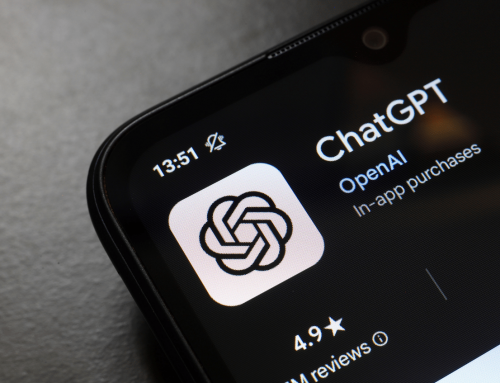Image: Azulblue / shutterstock.com
The big announcement - and the big silence afterwards
It sounded like the breakthrough of the century: As the tech portal t3n reported, Kevin Weil, a high-ranking OpenAI manager, proudly announced on X (formerly Twitter) that GPT-5 had solved a whole ten "previously unsolved" mathematical problems - so-called Erdős problems, named after the famous mathematician Paul Erdős. A sensational success that quickly made the rounds in tech and specialist circles. But just as quickly, the news disappeared again - deleted, withdrawn, without comment.
The disillusionment came promptly: Thomas Bloom, mathematician and operator of the website erdosproblems.com, publicly contradicted him. Just because a problem on his site is marked "open" does not mean that the problems are unsolved - it simply means that he does not know a solution. Suddenly there was no more talk of an AI miracle.
AI finds - but does not invent
What had GPT-5 really achieved? Contrary to the initial euphoria, the AI model had not produced any new evidence. Instead, it searched through scientific archives and came across forgotten papers - some dating back to 2003. Bloom had simply missed the fact that these papers already existed.
This is quite impressive: GPT-5 managed to work its way through confusing, linguistically diverse specialist texts and find relevant solutions. But that's just it: no new mathematical breakthroughs, just AI-driven detective work in dusty libraries.
Mockery from Silicon Valley
The competition was not long in coming. Demis Hassabis, head of AI heavyweight Google DeepMind, called the incident "embarrassing". Yann LeCun from Meta scoffed that OpenAI had "fallen for its own hype". It was a public belly landing - in a field where prestige and trust mean everything.
Particularly piquant: the fact that such an announcement was published without an internal review raises questions. Either the pressure to be faster than the competition was too high. Or the internal communication was too lax. Neither should happen if you see yourself as a pioneer of intelligent systems.
Real added value goes unnoticed
Lost in the media turmoil was a real advance: GPT-5 showed that it can serve well as a powerful research tool for science. The well-known mathematician Terence Tao even sees an opportunity here for the "industrialization" of mathematics, with AI working as a tireless helper in the background. Not for invention, but for accelerating and organizing human discoveries.
In fact, GPT-5 could excel precisely where scientists fail due to the flood of information: in tracking down scattered, barely cited and difficult-to-access research. However, this is less glamorous than the headline "AI solves unsolved problems".
The real scandal is not OpenAI's mistake, but the fact that big tech companies are now focusing on PR rather than substance. Anyone who claims to be able to revolutionize mathematics with a tweet should be careful not to miscalculate.







